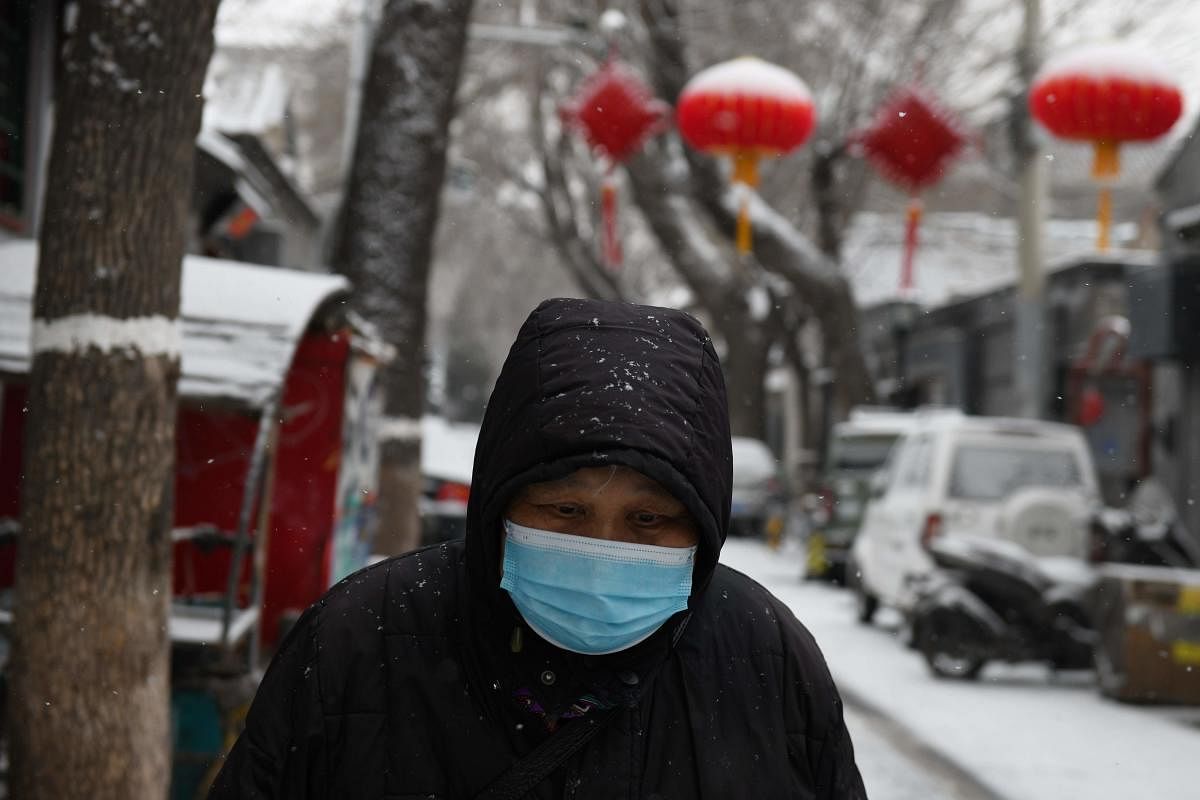
China on Monday hoped that India will not put trade restrictions and limit movement of people to the country in the wake of the coronavirus epidemic in its Hubei province.
In an interview to PTI, Chinese Ambassador Sun Weidong said China’s foreign ministry and local governments are working hard to ensure the safety of Indians and people working in Indian diplomatic missions in China.
Admitting that there could be a short-term impact of the epidemic on China’s economy, he said the country’s internal resilience is growing and it has ample resources and policy tools to cope with economic volatility.
“I am confident that it should not and will not be hindered by short-term difficulties. We should not suspend but expand the economic and trade cooperation between the two countries,” he said.
In the wake of the coronavirus outbreak in Hubei province, India has put restrictions on the movement of people to and from China, like many other countries, as part of precautionary measures to contain spread of the virus.
The death toll in China because of the virus has gone up to 490 while the number of confirmed cases has touched 24,300.
The WHO has declared a global health emergency after coronavirus cases were reported in several parts of the globe.
“We hope that the Indian citizens will not overreact or panic over the outbreak. It is better to remain rational and calm, and judge China’s prevention and control efforts with objectivity and compassion,” the envoy said.
He said China, a “responsible” country, is not only protecting the health of its people but also that of people around the world.
“We need your understanding and support for the cooperation between China and India in epidemic control to ensure normal personnel exchanges and trade between the two countries,” he said.
“China is ready to continue to work with India, strengthen communication and coordination, and safeguard the health and safety of Indian citizens in China,” he added.
On the impact of the coronavirus outbreak on China’s economy, Sun said there was no need to be pessimistic about the country’s economy as its fundamentals remain unchanged.
He said the Chinese government has ample resources and policy tools to cope with economic volatility and the long-term “positive trend” of the Chinese economy will not be impacted by the outbreak of the virus.
“China has rich experience in successfully dealing with SARS and the international financial crisis. This time will be no exception. The International Monetary Fund (IMF) Managing Director Kristalina Georgieva recently expressed confidence that the Chinese government has sufficient policy space to stabilize economic growth,” he said.
The envoy also mentioned a telephone conversation between Chinese Foreign Minister Wang Wi and his Indian counterpart S Jaishankar last week on ways to deal with the situation arising out of the outbreak of the virus.
“In the telephone conversation, Wang said that to address transnational public health challenges in this era of globalisation, we need to stay objective and rational, and step up communication and coordination, and that all should play a constructive role," he said.
He added that Jaishankar had conveyed that it is important to evaluate the outbreak in an objective and rational manner and not take actions that may complicate the situation.
On Saturday, 324 Indians were brought back from Wuhan, while another batch of 323 Indians and seven Maldivians were evacuated from the Chinese city on Sunday.
Sun said a declaration of public health emergency over the coronavirus outbreak in China is not a vote of no-confidence on China.
“When the director general of WHO declared that the outbreak of 2019-nCoV constitutes a public health emergency of international concern, it emphasised that it does not recommend any travel or trade restriction.
“This declaration is not because of what is happening in China, but to take care of other countries with relatively poor sanitary conditions. It is not a vote of no confidence in China,” he said.